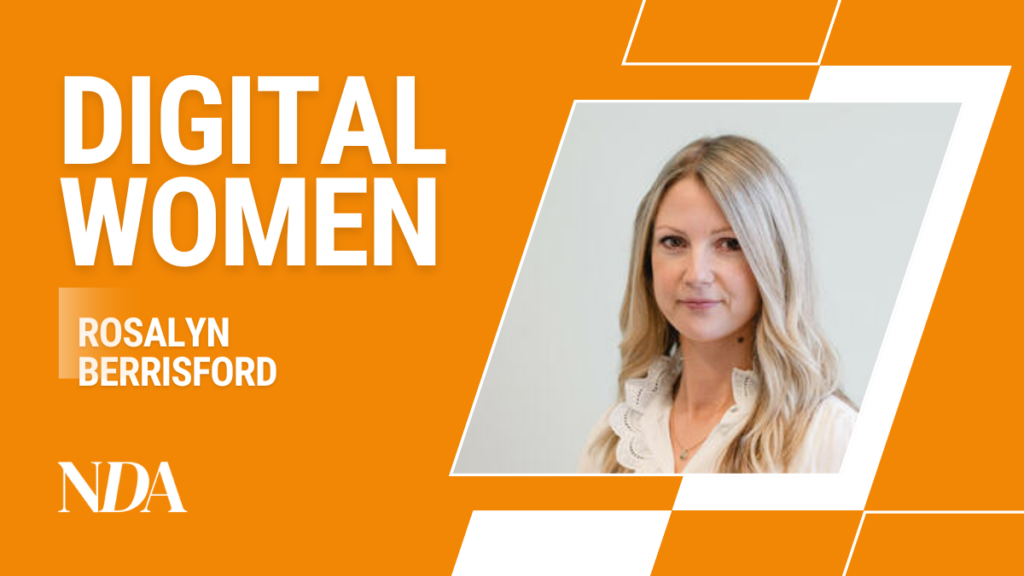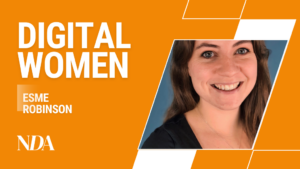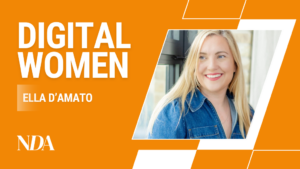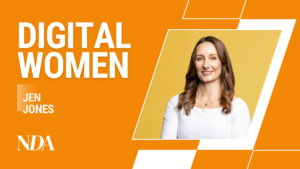Rosalyn Berrisford is Regional Managing Director (UK & BNL) at Awin. She is a performance industry specialist with 20 years’ experience, particularly passionate about the evolution of digital partnerships, online attribution, and how performance marketing strategies can help partners to navigate the constantly changing world.
What is the biggest opportunity for women in your sector of the digital industry today?
The affiliate and partner marketing sector is continuously evolving. This has, in turn, unlocked a range of opportunities for women across the board. There are always new innovations, challenges and solutions to embrace. For women in particular, the opportunity to lead both relationship driven and technical teams is particularly exciting.
The focus on increasing the number of women in technology leadership roles has been one the industry has relished. This has driven more networks focused on women supporting women in the space.
What is the biggest challenge to you as a woman in the digital industry and how are you overcoming it?
One of the main challenges women face in the affiliate and partner marketing sector is ensuring there is enough opportunity to learn, and advance, in new pivotal technology developments such as artificial intelligence and blockchain. Diversity within teams in these fields remains notably low. As these technologies increasingly dominate the market, it will be essential for everyone to have a good understanding of how they work and can be used, so the sooner these learning opportunities are created the better!
What three things could employer companies do to make the digital industry better for women?
Explain the acronyms! We can all be guilty of talking in our own industry language, and this can be particularly off putting for women applying for a role in the industry for the first time. Using clear and simple language that explains what can be complex industry terms is important for attracting great female talent.
Additionally, providing a flexible work environment is crucial. At Awin, we support this with a four-day work week and a hybrid working policy, which have proven to particularly beneficial for women and caregivers. These initiatives not only enhance work-life balance but also foster inclusivity, allowing employees to thrive personally and professionally.
Finally, industry leaders should adopt a more outward-looking perspective. The digital industry often serves as an echo chamber for its own achievements and ways of working. However, embracing a broader, more open approach – seeking inspiration and learning from other sectors – can uncover valuable insights. By identifying successful strategies from other industries, especially those advancing opportunities for women, employers can implement proven practices and create a more inclusive environment.
What support structures and organisations are most important and effective to you as a woman in the digital industry?
Having access to tailormade content and support networks is very important. As women progress through organisations, the number of female peers they work with often reduces.
Therefore, it’s crucial to have support structures in place so women can discuss the daily challenges and opportunities they face to create a more inclusive industry. For example, offering access to webinars on impactful topics, such as understanding menopause and its workplace implications, and creating employee resource groups dedicated to women. Additionally, mentorship programmes can foster professional growth, while sponsoring memberships in women’s business collectives provides external support networks. These measures help cultivate an inclusive culture and empower women through shared resources and community building.
What is the biggest misconception about women in the digital industry?
One of the most common misconceptions is the idea that women represent particular roles within the digital industry such as planning, buying or client services. In reality, there’s more and more representation across a broad spectrum of technical, commercial and leadership roles. While we aren’t quite there yet on parity of representation, great strides have been made. Maintaining an open mind about the roles women can undertake and actively challenging gender-based assumptions are crucial to achieving this.











